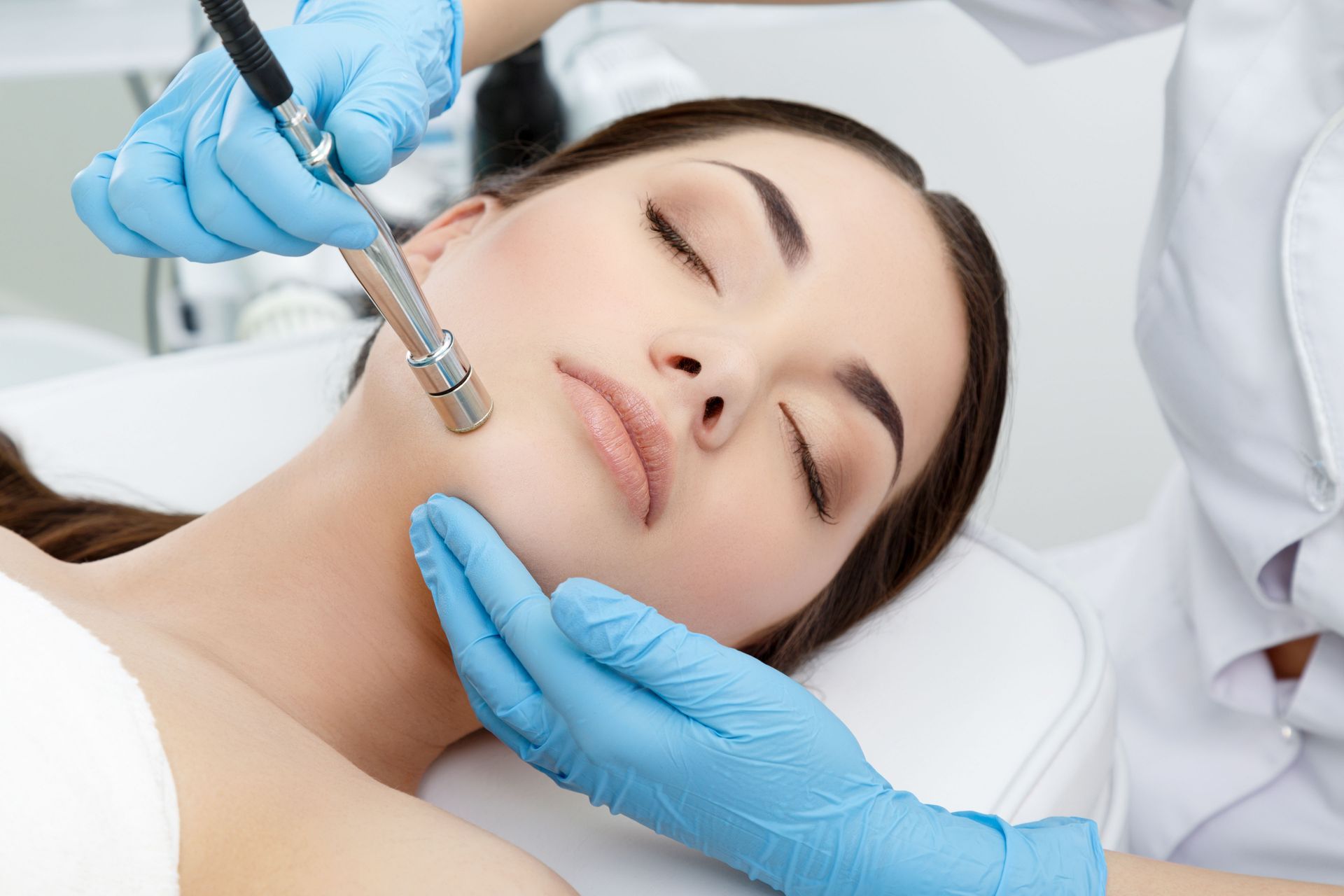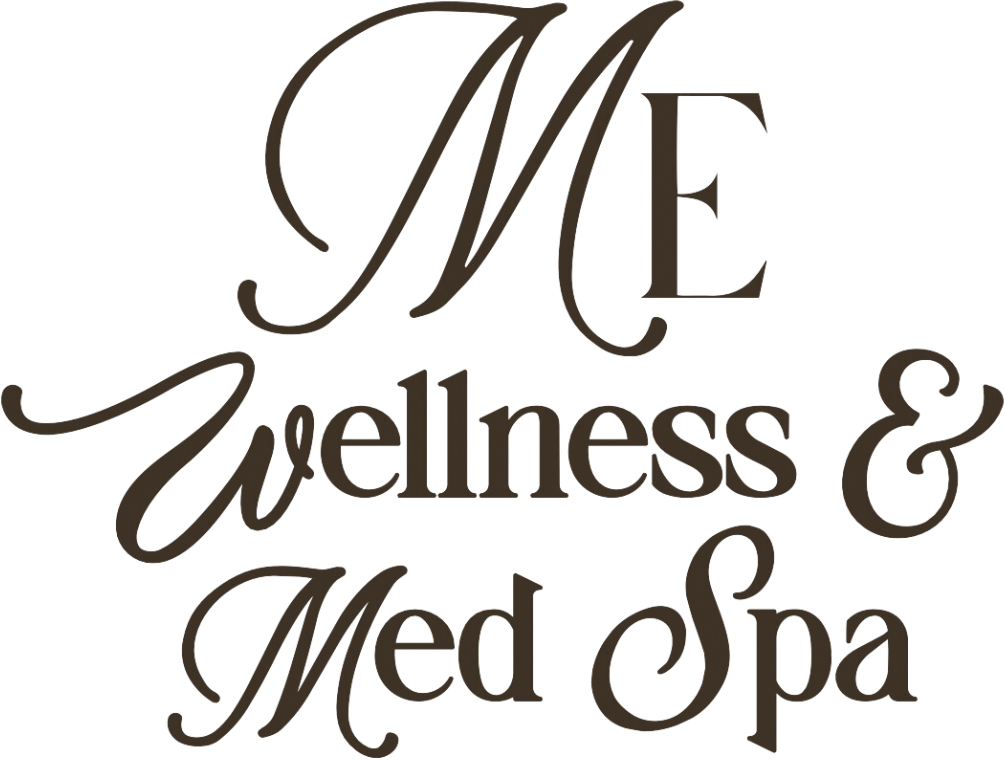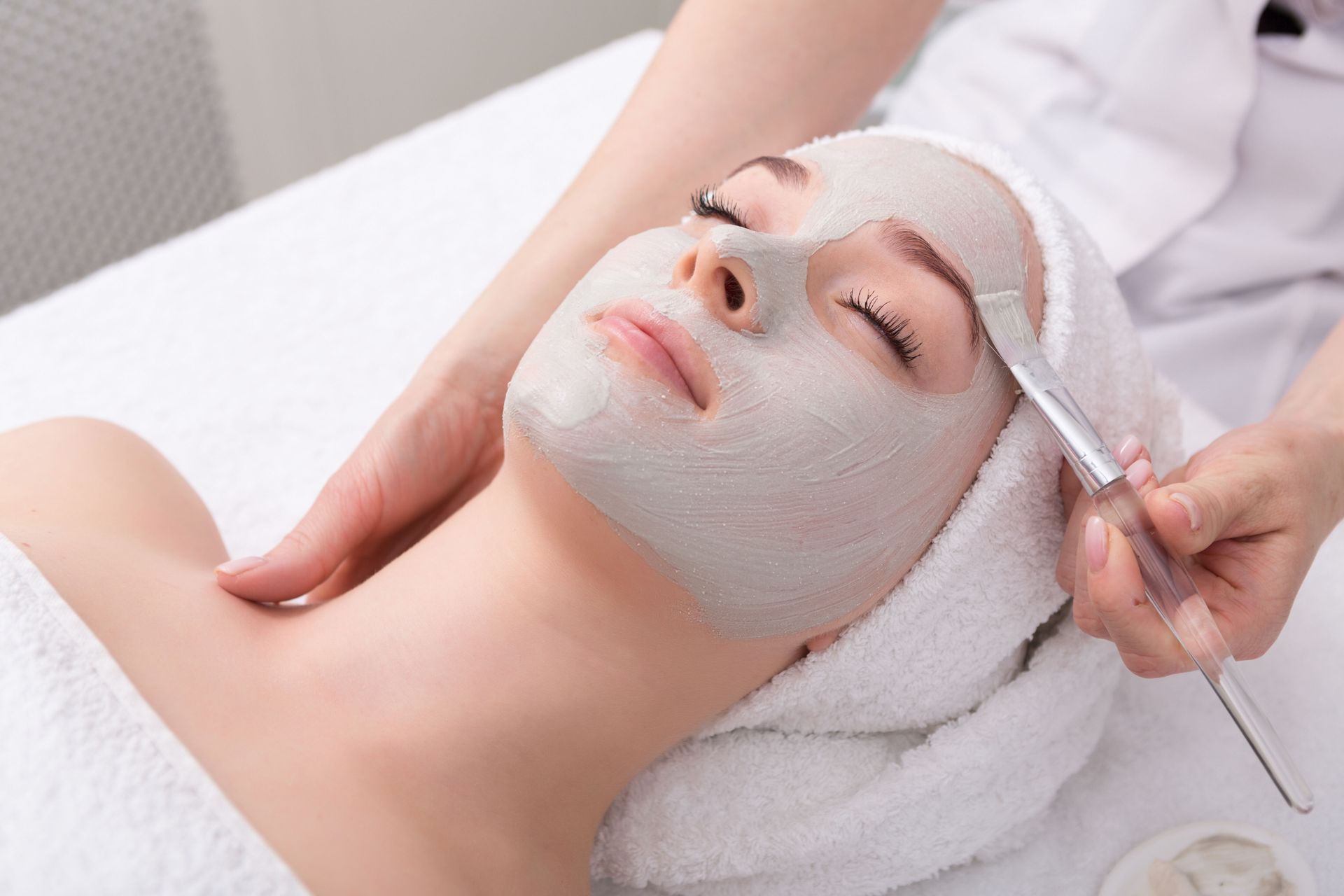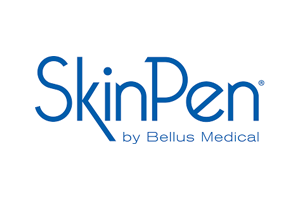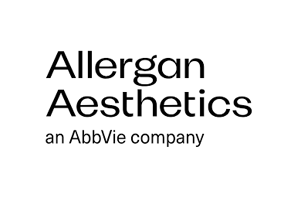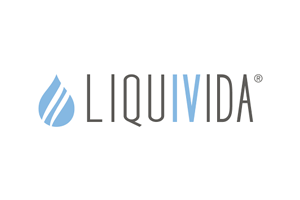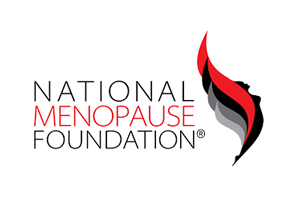August 2, 2025
What’s the Connection Between Blood Sugar and Acne?
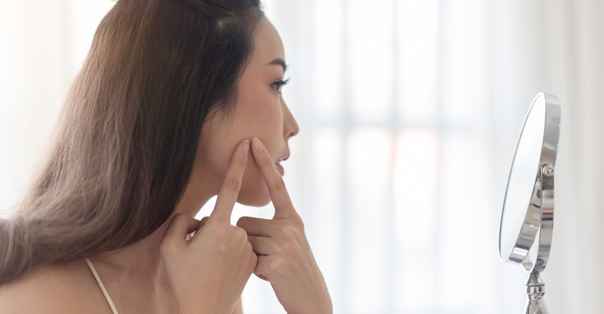
Have you ever wondered why your skin seems to rebel after a weekend of pizza, soda, and sweet treats? Or why acne sometimes stubbornly sticks around, no matter how carefully you wash and moisturize? While we often think of acne as just a skin problem, many breakouts start much deeper, rooted in how your body manages blood sugar and insulin.
If you’ve struggled with persistent acne, it might be time to look beyond your skincare routine and explore what’s happening inside.
What’s the Connection Between Blood Sugar and Acne?
When you eat high-glycemic foods like white bread, pastries, candy, or sugary drinks, your blood sugar rises quickly. In response, your body releases insulin to help move that sugar into your cells. This is completely normal, but if it happens frequently or dramatically, it can set off a chain reaction that affects your hormones and skin.
Elevated insulin levels increase something called insulin-like growth factor 1 (IGF-1). This hormone boosts oil (sebum) production and encourages skin cells inside your pores to multiply. At the same time, high insulin can lower a protein called sex hormone-binding globulin (SHBG), which means more free hormones like testosterone circulate in your body, adding more fuel to oil production. All of this creates an environment where pores are more likely to get clogged, bacteria flourish, and inflammation ramps up, ultimately leading to breakouts.
Why Does This Matter for You?
Because if acne is linked to what’s on your plate, it means you actually have the power to make a difference. This doesn’t mean diet is the only cause of acne; genetics, stress, gut health, and your skincare habits all play important roles too. But if blood sugar swings are a hidden driver for you, addressing them can often lead to clearer skin and better overall health.
How Do You Know If Blood Sugar is Contributing To Acne?
If you have acne along with fatigue after meals, strong sugar cravings, increased belly fat, or mood swings when you’re hungry, these can all be subtle signs that your blood sugar regulation might not be optimal. Some helpful lab tests to explore include fasting glucose and insulin levels to show your baseline, hemoglobin A1c to reveal your average blood sugar over the past few months, HOMA-IR which gives an idea of insulin resistance, and tests for IGF-1 and SHBG to see how your hormones are interacting. Together, these offer a much clearer picture than looking at blood sugar alone.
What Can You Do About Blood Sugar Regulation and Acne?
1 - Focus on Low-Glycemic Foods
Choosing foods that don’t spike your blood sugar as quickly can be a game-changer. This means plenty of colorful vegetables and leafy greens, whole grains like quinoa and barley instead of white pasta or bread, lean proteins, and healthy fats that slow down carbohydrate absorption. Nuts, seeds, and legumes are great staples. Even simple swaps, like choosing berries over candy or sweet potatoes over white potatoes, can keep your blood sugar steadier.
2 - Watch Your Dairy Intake
For some people, dairy, especially skim milk, can also raise insulin levels. This doesn’t mean everyone needs to cut it out completely, but it’s something to explore if acne persists despite other changes.
3 - Add Healthy Fats and Anti-Inflammatory Foods
Omega-3 fats, found in salmon, sardines, walnuts, and flaxseeds, help calm inflammation throughout your body, including in your skin. A Mediterranean-style diet, rich in these fats along with vegetables, olive oil, and herbs, is linked to better acne outcomes.
4 - Mind Your Lifestyle
Movement is key. Regular exercise helps your body use insulin more effectively and lowers circulating blood sugar. Good sleep and stress management matter too; when you’re stressed or sleep deprived, cortisol levels rise, which can worsen blood sugar swings and inflammation. Staying hydrated also helps your liver and skin detoxify efficiently.
Are Supplements Helpful For Acne and Insulin Regulation?
Certain nutrients can support insulin balance and healthy skin. Under the guidance of a healthcare professional, some people find benefits from zinc, which helps reduce oil production and inflammation, omega-3 supplements for their anti-inflammatory effects, or even chromium or berberine to support blood sugar regulation if insulin resistance is a concern. Probiotics also support gut health, which is closely tied to the skin, though research is still evolving.
Acne is often more than skin deep, it can be a sign that your body is struggling to keep blood sugar, insulin, and hormones in balance. By looking at labs, nutrition, lifestyle, and targeted supplements, you can get to the root of your breakouts and support clearer skin from the inside out.
Even more importantly, these changes help your whole body thrive. If you’re ready to explore what’s driving your acne, we/I can create a plan tailored just for you!
References
Meixiong J, Ricco C, Vasavda C, Ho BK. Diet and acne: A systematic review. JAAD Int. 2022 Mar 29;7:95-112. doi: 10.1016/j.jdin.2022.02.012. PMID: 35373155; PMCID: PMC8971946.
Smith RN, Mann NJ, Braue A, Mäkeläinen H, Varigos GA. A low-glycemic-load diet improves symptoms in acne vulgaris patients: a randomized controlled trial. Am J Clin Nutr. 2007 Jul;86(1):107-15. doi: 10.1093/ajcn/86.1.107. PMID: 17616769.
Mahmood SN, Bowe WP. Diet and acne update: carbohydrates emerge as the main culprit. J Drugs Dermatol. 2014 Apr;13(4):428-35. PMID: 24719062.
Raza Q, Hina R, Nawaz S, et al. (November 02, 2024) Effect of a Low-Glycemic-Load Diet and Dietary Counseling on Acne Vulgaris Severity Among Female Patients Aged 15 to 35 Years. Cureus 16(11): e72886. doi:10.7759/cureus.72886
Guertler A, Neu K, Lill D, et al. Exploring the potential of omega-3 fatty acids in acne patients: A prospective intervention study. J Cosmet Dermatol. 2024 Jul 10. doi: 10.1111/jocd.16434. Epub ahead of print. PMID: 38982829.
Can omega-3 fatty acid intake affect acne severity? News Release. Wiley. July 10, 2024. Accessed July 15, 2024. https://www.eurekalert.org/news-releases/1050496

